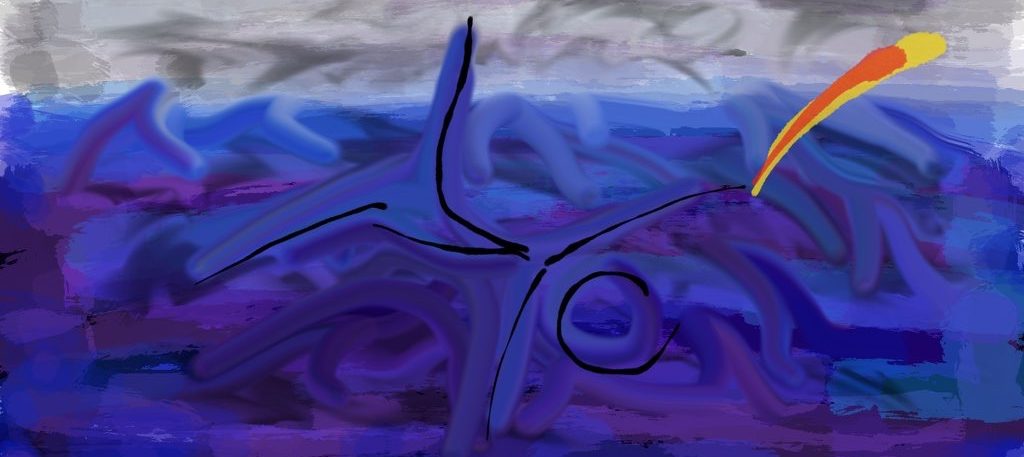Facing human wrongs: Navigating paradoxes and complexities of social and global change
Formal (anonymous) student feedback (summer 2021 cohort):
“Thank you, Vanessa, Will and anybody at UBC that allowed for this course to be created, offered and run! It single–handedly restored my faith in UBC being a critical and relevant educational institution. I believe that this course should be offered/included in all faculties/programs because it concerns all of us. In my opinion, this should be mandatory for students, staff and professors alike as it addresses what we all should be discussing, pondering, sitting, and dealing with as a priority.”
This online, interdisciplinary course addresses the ethical and practical complexities and paradoxes of mainstream approaches to global challenges. It does so by addressing four interrelated denials that enable the reproduction of an enduring colonial system: denial of colonial violence that underwrites the system; denial of ecological unsustainability; denial of interdependence; and denial of the magnitude of the many “wicked problems” that we face. Generally, if addressed at all, these denials are addressed one at a time, whereas our course brings them together, enabled by the interdisciplinary format.
The course also offers students an alternative to common approaches to problem-solving premised on seeking immediate solutions. Instead, it emphasizes the development of students’ intellectual, affective, and relational capacities for navigating multiple perspectives and VUCA (volatility, unpredictability, complexity and ambiguity) in an interrelated and unequal world. The course seeks to prepare students to address real-world problems in socially and ecologically accountable ways, without sacrificing nuance or minimizing complicity. This course focuses on expanding our collective capacity to hold space for difficult conversations about wicked challenges without feeling immobilized or demanding immediate quick fixes.
The course content touches upon systemic, historical and ongoing violence, unsustainability, our complicities in social and ecological harm, and our tendency to address complex problems, such as biodiversity loss, food insecurity, economic and political crises, and the potential for social and environmental collapse, with simplistic solutions. The course requires students to be willing to be uncomfortable and to have their perspective challenged, even if they think of themselves as already “woke”. We advise participants who feel that in-depth analysis and discussion of these topics will likely be emotionally overwhelming at the moment, or that they may negatively impact their mental health, not to take this course. The introductory unit was designed to help participants to make the decision of whether or not this course is for them.
This course was designed collaboratively and cross-listed between Land and Food Systems (LFS490) and Educational Studies (EDST400 and EDST565B). Since this is a 6-week summer intensive course, participants are expected to dedicate from 7 to 8 hours a week to their learning. All course materials are available online (recorded lectures, videos, documentaries, readings and quizzes, analytical and land-based exercises) and group tutorials take place once a week online (synchronously on zoom). The course is also available online for self-study and informal groups.
UBC course instructors: Dr. Vanessa Andreotti (Educational Studies), Dr. Sharon Stein (Educational Studies) and Dr. Will Valley (Land and Food Systems)

This work is licensed under a Creative Commons Attribution 4.0 International License.
